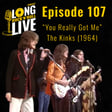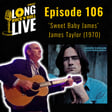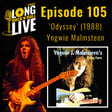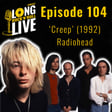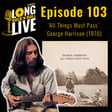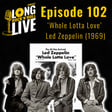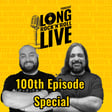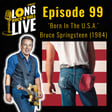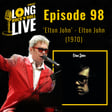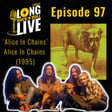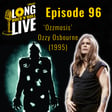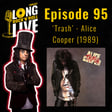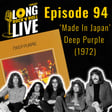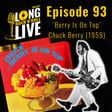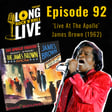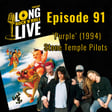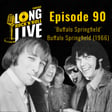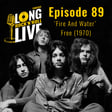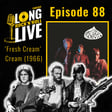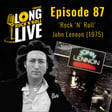
101. 'Green River' - Creedence Clearwater Revival (1969)
In 1969, Creedence Clearwater Revival were unstoppable — and ‘Green River’ proved why. Hot off the success of ‘Bayou Country’, CCR delivered a masterclass in American rock, blending swampy grooves, bluesy riffs, and excellent storytelling. Tracks like “Bad Moon Rising” and “Green River” became instant classics, while the poignant “Lodi” showed a more reflective side of the band. Despite its short, punchy songs and straightforward style, ‘Green River’ left an enormous impact — shaping roots rock and cementing CCR’s place among the legends of that era.
Episode Playlist: https://open.spotify.com/playlist/6CzynKICOTJryzSDUxROtv?si=898d6d84d0fe4759
* Follow Long Live Rock 'N' Roll online: https://linktr.ee/longlivernrpod
* Get in touch and/or leave us a review: longliverocknrollpodcast@gmail.com
* Listen & Review us on Apple: https://podcasts.apple.com/gb/podcast/long-live-rock-n-roll/id1581139831
* Listen & Review us on Spotify: https://open.spotify.com/show/2wZW1BYAw9wJ6Z5blo2uGj
#CreedenceClearwaterRevival #CCR #GreenRiver #JohnFogerty #ClassicRock #SwampRock #RootsRock #60sRock #RockLegends #BadMoonRising #Lodi #RockHistory #AlbumReview #MusicPodcast #RocknRoll #IconicAlbums
